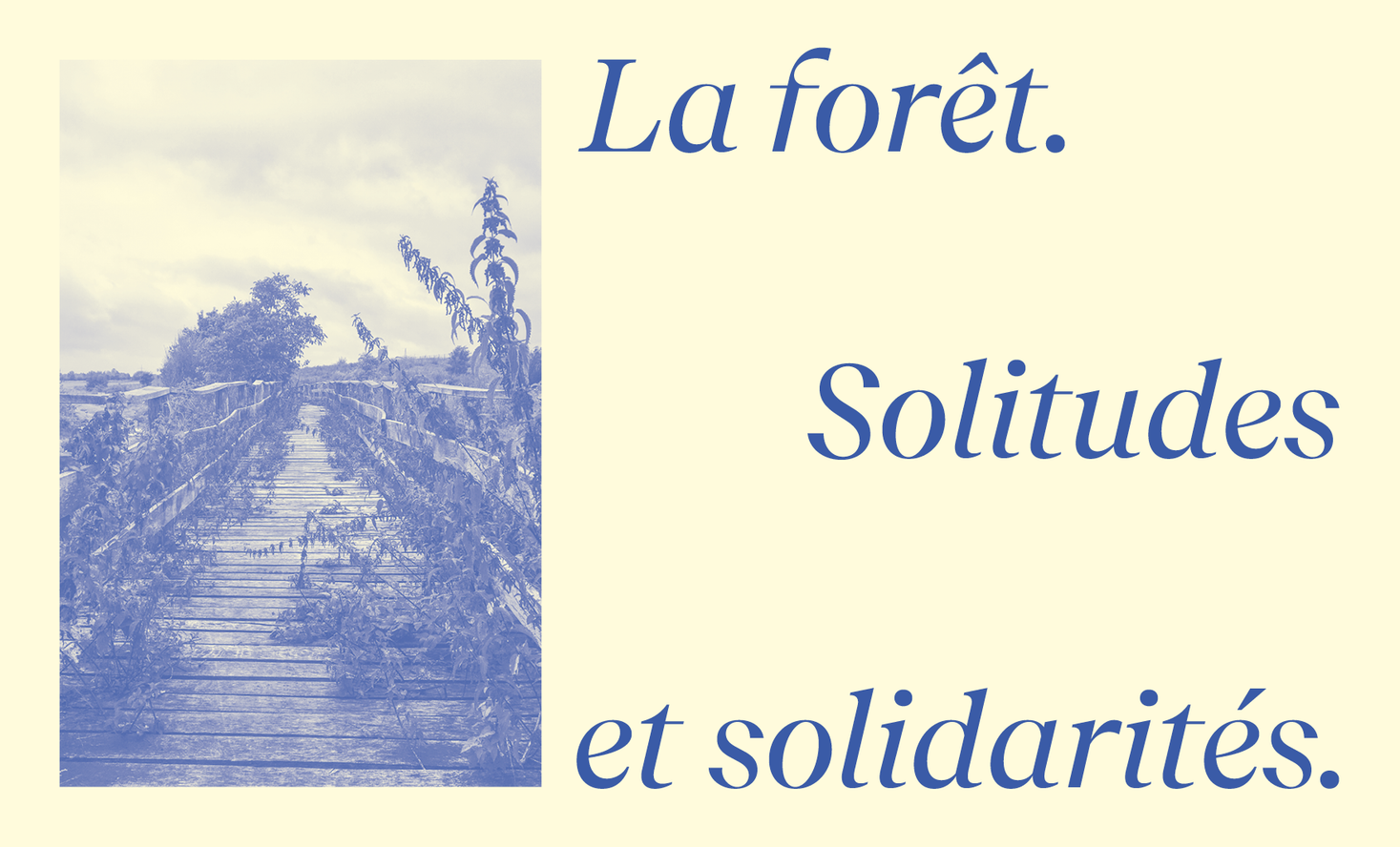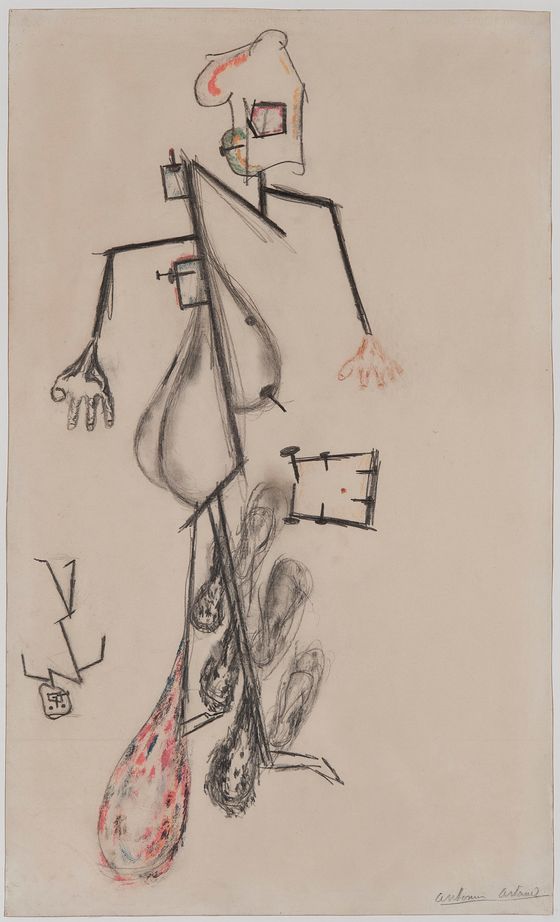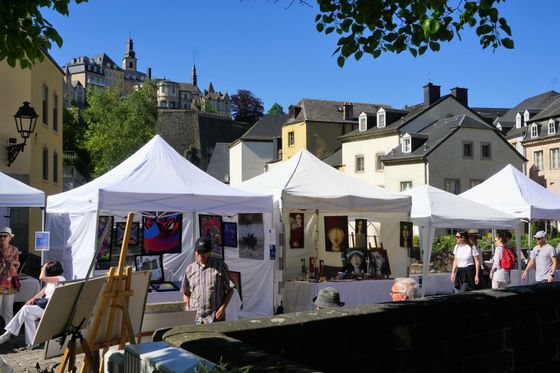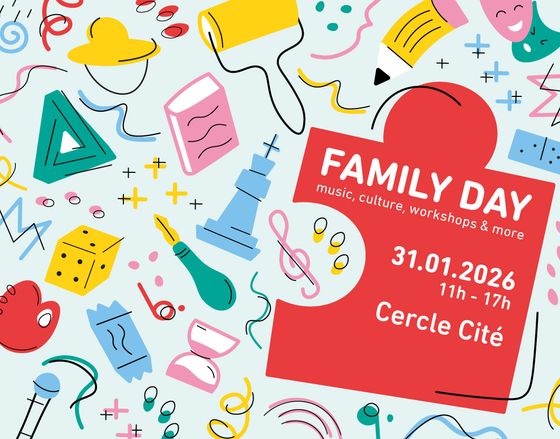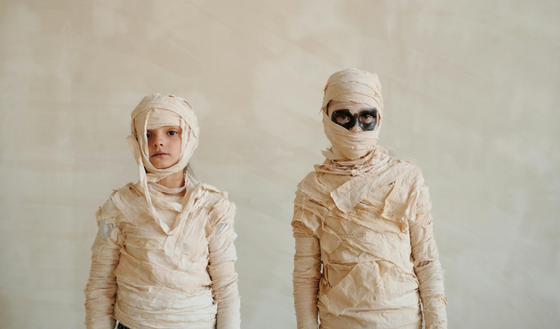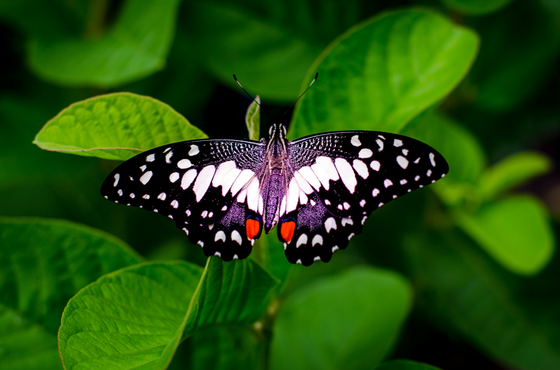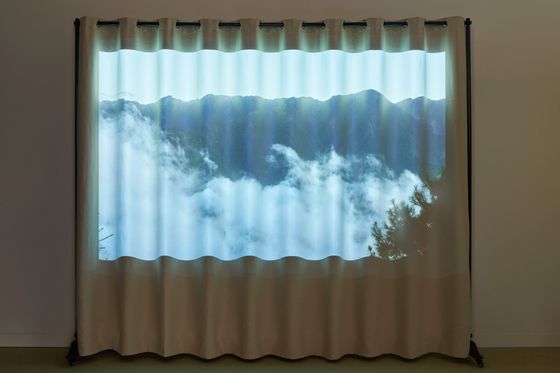The Forest. Solitudes and Solidarities.
The Forest. Solitudes and Solidarities.
Deze inhoud is helaas niet in het Nederlands beschikbaar.
Location : Ratskeller exhibition space (rue du Curé)
The exhibition entitled La forêt. Solitudes et solidarités (The Forest. Solitudes and solidarities) was developed independently but in resonance with the themes presented by the LUGA. It explores the complex relationships that are woven between urban and forest environments, as well as the role of forests in contemporary imaginations.
In western society, cities and forests are often seen in terms of an opposition between nature and nurture that continues to influence our collective representations, societal projects and development policies. Throughout history, the ways in which human beings relate to forests have been characterised by a profound ambivalence. As spaces that are both mysterious and disturbing, forests are fascinating and frightening in equal measure. Magical and enchanted places in mythological narratives, tales and legends, they also appear as dark, potentially hostile zones that it is important to master. In addition, forests are also viewed through a utilitarian prism. When subjected to the logic of exploitation and management they constitute a precious economic resource.
Nevertheless, in spite of being transformed into administered spaces and integrated into the dynamics of production, forests continue to embody the image of a world on the margins of civilization, resisting its influence. This idealization of nature comes down through the centuries, passing on the myth of a harmonious primal order predating the corruption of progress. Still today, it inspires artistic imaginations with alternative visions of the future, often arising from the idea of a lost golden age.
Similarly, although forest spaces have long been managed and are now frequented mainly for recreational purposes, they continue to be associated with an ideal of liberty, providing an escape valve for those confronted with the acceleration of urban lifestyles and the pressure of productivism. Not restricted by the imperatives of performance, forests set their own pace and are seen as soothing spaces conducive to introspection. Far from the anonymity of cities, the experience of solitude in the heart of nature reconnects us with a quest for authenticity and a return to roots. As sanctuaries and breathing spaces, forests retain their Romantic aura, providing artists with a source of contemplation and inspiration.
Situated at the intersection of contemporary ecological, cultural and social issues, forests also constitute a unique subject of study for contemporary sciences. Far from corresponding to a harmonious vision, forest milieux reveal a living and complex world where opportunism and surprising symbiotic relationships abound. Nothing exists on its own in these spaces. Life is woven out of mutual relationships that are constantly influenced by imbalances and adjustments. The temporary dominance of one species by no means ensures its continuation. Little by little, the famous concept of “survival of the fittest” is giving way to one of efficiency founded on cooperation. The resilience of an ecosystem is sometimes ensured by tenuous encounters between species.
Thus, the converging views of anthropology, biology and art now afford us a broader comprehension of the living world. They invite us to reconsider our models of society by extending them beyond the human domain. Together, these approaches pave the way toward a world in which solidarity and mutual assistance supersede competition by showcasing supple and collaborative models.
Text by : Clément Minighetti
Exhibition organized as part of the off-site program of LUGA – Luxembourg Urban Garden.
Curators
Clément Minighetti, in collaboration with Camilla Cuppini and Marion Vergin
Artists
Clément Davout and Léo Fourdrinier, Martine Feipel and Jean Bechameil, Serge Ecker, Aline Forçain, Sandra Lieners, Letizia Romanini, Keong-A Song, Bert Theis, Alexandra Uppman, Valentin van der Meulen
Opening
Friday 10 October 2025 at 6:00 PM
Free admission, no registration required.
Free guided tours every Saturday at 3:00 PM
11.10.2025 (FR)
25.10.2025 (LU/DE)
01.11.2025 (FR)
08.11.2025 (EN)
15.11.2025 (LU/DE), as part of the Luxembourg Design Festival organized by Design Luxembourg
22.11.2025 (FR)
.
29.11.2025 (EN)
06.12.2025 (LU/DE)
13.12.2025 (FR)
20.12.2025 (EN)
27.12.2025 (LU/DE)
03.01.2026 (FR)
10.01.2026 (EN)
17.01.2026 : Curator tour by Clément Minighetti (FR)
Exceptional opening hours:
24 and 31 December 2025: 11:00 AM – 3:00 PM
Closed:
25 December 2025 and 1 January 2026
